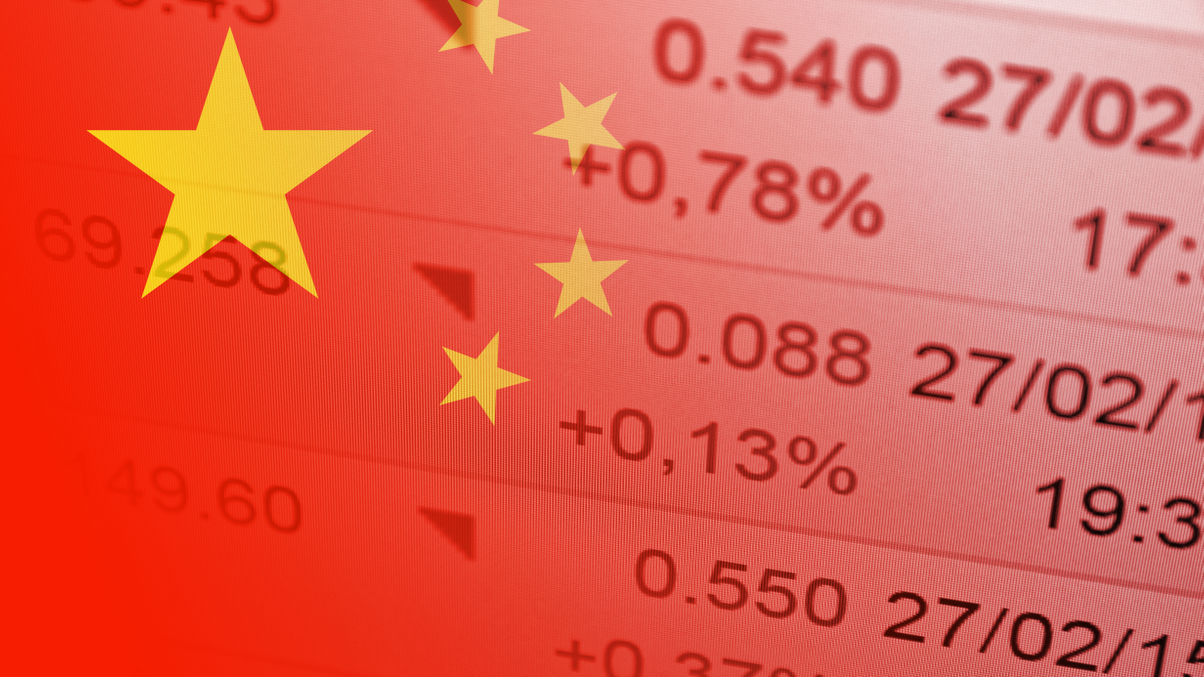Shake-out seen in China's PE funds market
Rules introduced to root out illegal fundraising and P2P ponzi schemes have already resulted in a reduction in the number of firms registered with the local regulator.

Tighter rules around private fund offerings in China have caused a market shake-out, as regulators seek to put China’s domestic asset management market on a more global footing.
Sign in to read on!
Registered users get 2 free articles in 30 days.
Subscribers have full unlimited access to AsianInvestor
Not signed up? New users get 2 free articles per month, plus a 7-day unlimited free trial.
¬ Haymarket Media Limited. All rights reserved.


